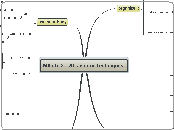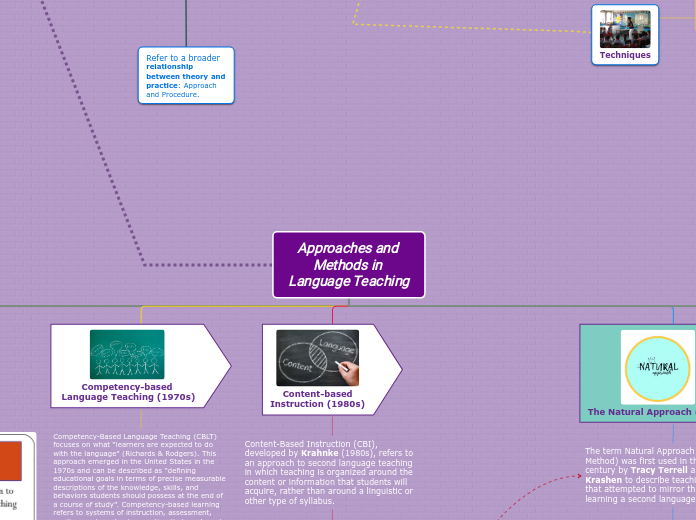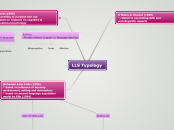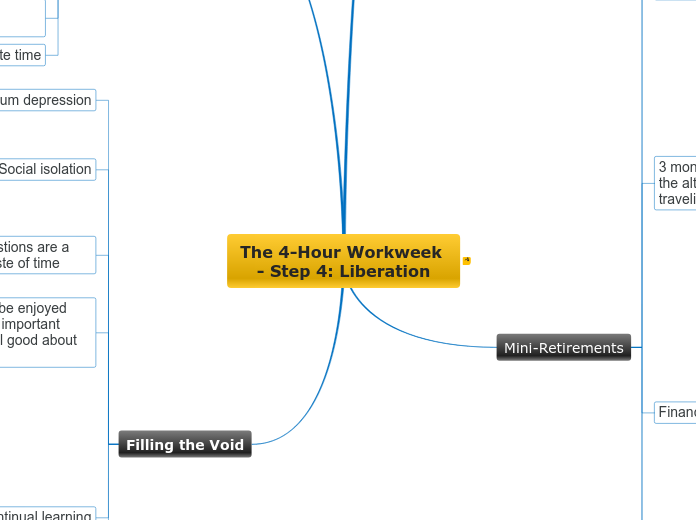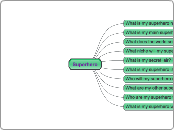positive affirmations
MS ch. 3: 20 Memory Techniques
Recall It
adopt the attitude you never forget
negative
negative talk is self fufilling
i'll never remember all of this
positive
i can remember just not right now
"it will come to me later"
use it before you lose it
teach to learn
reveals gaps in understanding
teaching demands mastery of topic
access it frequently to develope traces
neural traces become faint with disuse
notice when you do remember something easily
What makes things more difficult to remember?
What makes things easier to remember?
remember something else related to it
associated memories
memory job
brainstorm
use your body
Write it down
Recite and repeat
recite in own words
out loud
Create pictures
anchors information into second part of brain
cartoons
diagrams
Relax
free of tension
state of alertness
Learn actively
read out loud
ask questions
pace
sit up straight
energy
Use your Brain
intend to remember
pay attention to your attention
learn it now vs. later
elaborate
where and when can i use this information
is this similar to a technique that i already use
Does this remind me of something or someone i already know
repetition
elaboration
consciously encoding new informaton
be aware of attitudes
notice attitudes and be willing to put them on hold
look for connections that relate to interests
people can forget information that contridicts our opinions
history is boring
problems memorizing dates and places
math is hard
cant memorize formulas
distribute learning
reward self with breaks in study
avoids burn out or mental shut down
consolidation
time the brain takes to rewire itself by grwoing new neural traces after learning a new concept
mind continues to review during breaks
several short study sessions spaced over time
escape short-term memory trap
frequent mini-reviews
review within minutes of learning new material
overlearn
good for problem solving
fights mental fuzziness
engage your emotions
create interest
relate to a goal
amygdala
Area of brain becomes very active with strong emotions
organize it
create associations
Similar or related date?
new data?
make it meaningful
what is the big picture?
main idea?
general to specific
Be selectivve
key points
emphasis during lecture
visuals
bold
